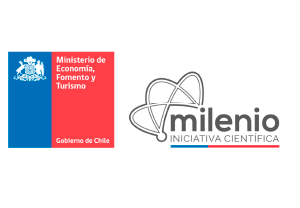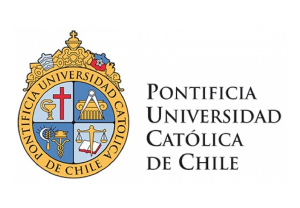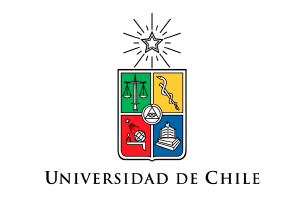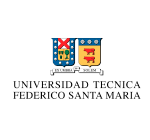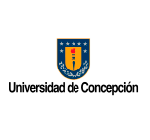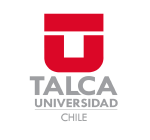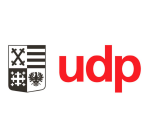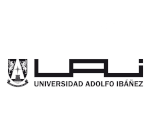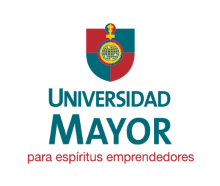Emblematic projects
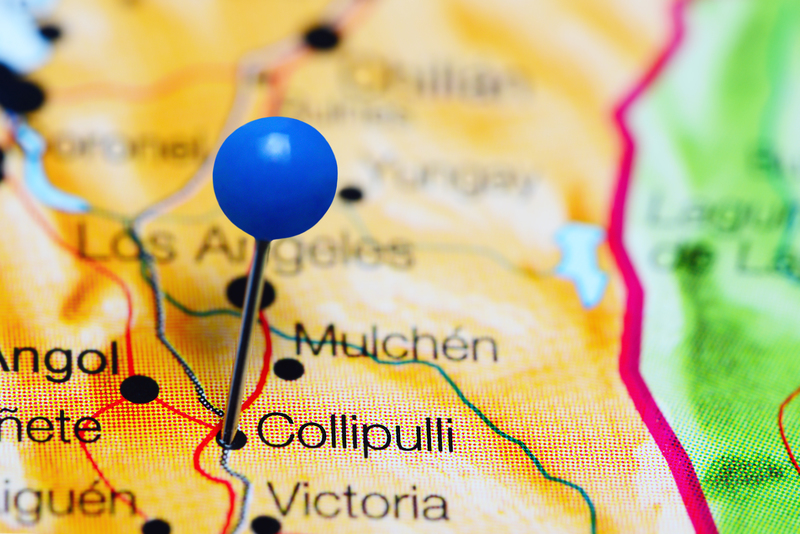
Traditional research techniques in the Social Sciences are facing important challenges related to their ability to describe and explain emerging phenomena occurring in our societies. However, at the same time, social scientists are becoming more and more aware of the increasing capacity to access, raise, generate, and integrate massive volumes of social and political data. As these data can also be combined in an innovative way with traditional techniques, such as ethnography, surveys, participatory mapping, in-depth interviews and many others, new opportunities arise in this field.
The goal of this project is to encourage and to heighten the combination of methodological strategies and techniques, to develop novel diagnoses about the most relevant social and political social issues. To do this, we will focus on specific locations: the Chilean northern border, the most populated sectors in the country, the Araucanía region and the coastal areas of environmental sacrifice, among others.
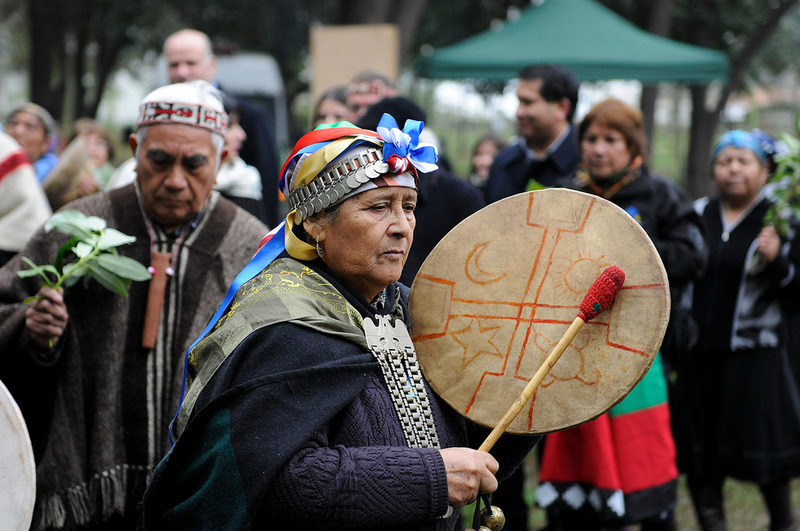
We will also analyze problems which cut across several places and that are relevant for Chilean society as a whole, such as demographic dynamics, health, education, violence, social conflict, environmental problems, accessibility to public goods vs. evils, illegality, participation and political representation.
While integrating data in this novel manner we will focus on:
- The production of quality information highly valuable for social research purposes, making it available to foster the study and the comprehension of the key problems Chile faces today at a nation wide and also territorial level.
- The study of the development and evolution of social and political issues to stablish a basis for the design of prospective studies on emerging conflicts and phenomena in the country in general, and in the territorial areas in particular.
- Devising innovative approaches to support public politics with the goal of developing solutions to severe social problems. These solutions would be based on high quality open information and generated in alliance with the different communities, public and government organizations.
Project Leaders:
Juan Pablo Luna
Juan Reutter
Project Participants:
Carla Alberti
Marcelo Arenas
Gonzalo Barría
Isabelle Beaudry
Camila Bertranou
Carlos Buil
Danissa Contreras
Andrea Escobar
Inés Fynn
Sebastián Huneeus
María Maroto
Rodrigo Medel
Lihuen Noccetto
Diego Seco
Fernando Rosenblatt
Sergio Toro
Lucas Vicuña
Domagoj Vrgoč

